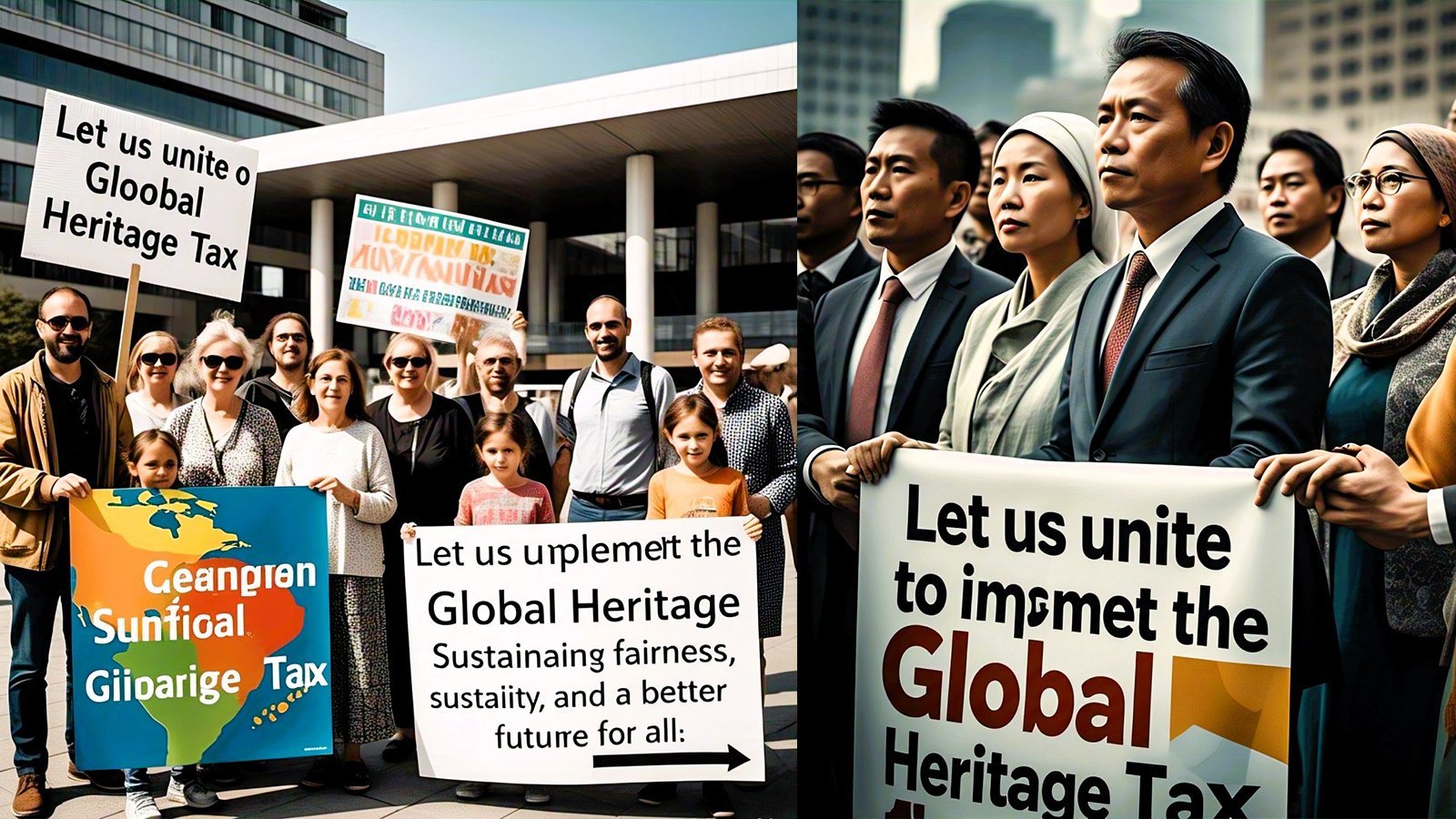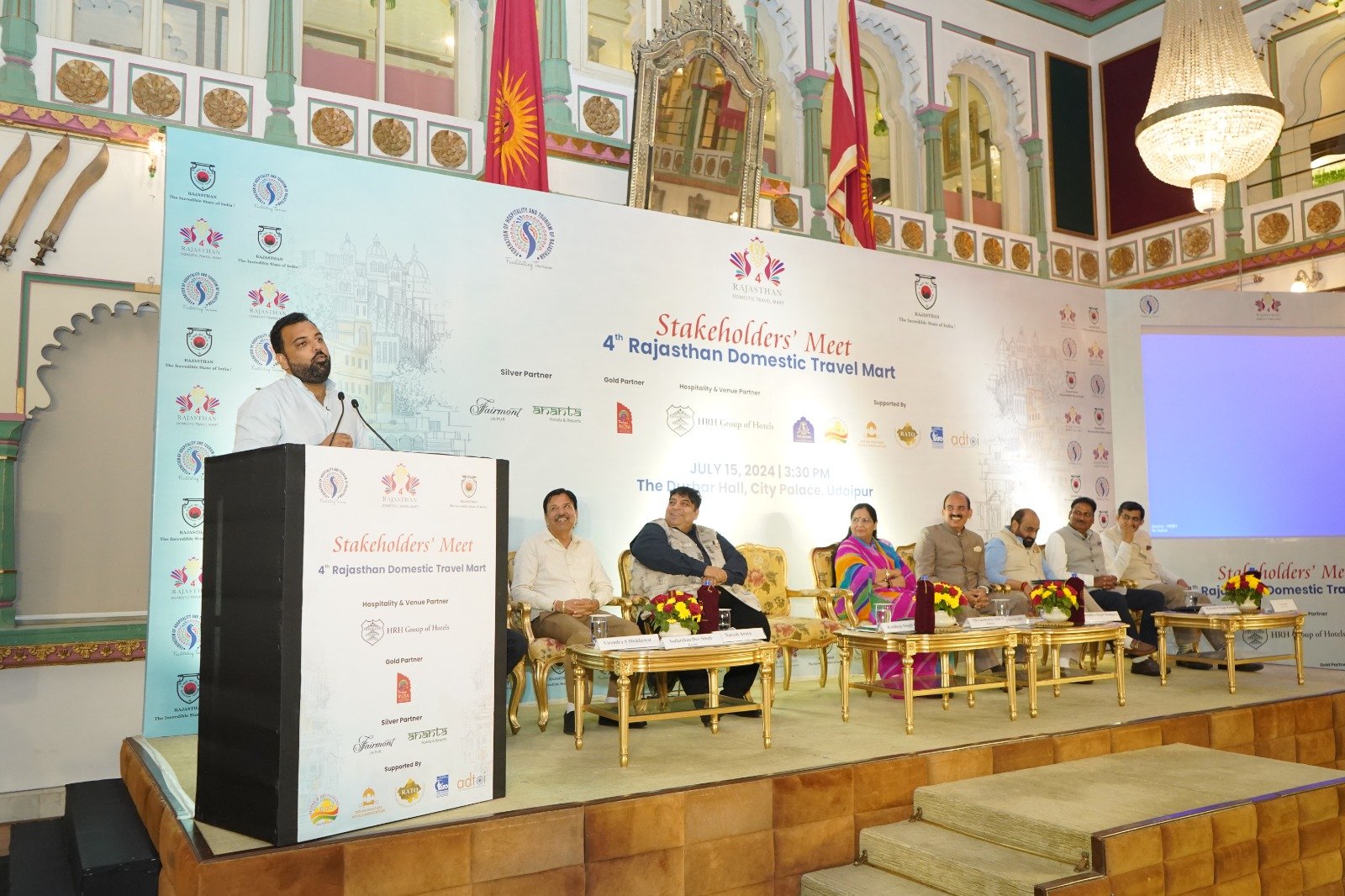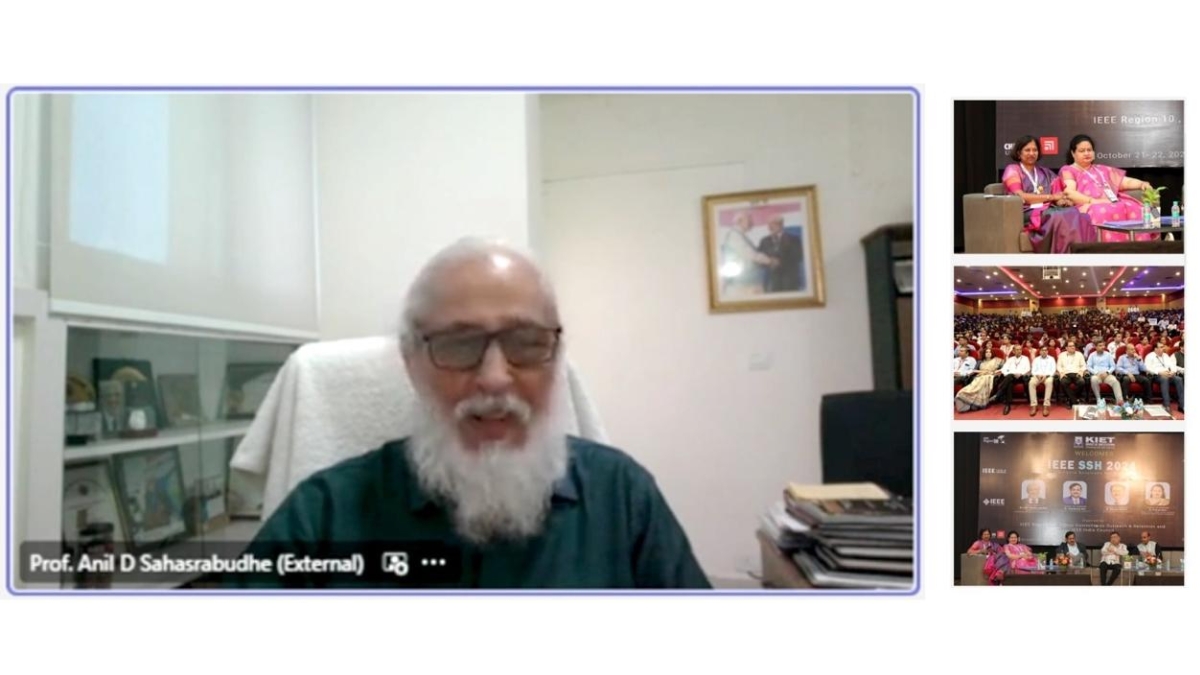Global Heritage Tax : Fighting Against Hunger
Global Heritage Tax for Earth's Resource Exploitation Core Philosophy & Justification Earth as a Common InheritanceThe Earth's natural resources are a shared inheritance bestowed upon all human beings by "Mother Nature." This perspective redefines natural resources not merely as commodities to be exploited but as a collective birthright.A symbolic representation of Earth cradled in human hands, signifying shared inheritance.Inherent Worth and EntitlementEvery individual possesses an inherent worth, metaphorically described as a "prince or princess of Nature." This philosophy asserts that all people are entitled to a fair share of Earth's natural wealth, challenging existing economic disparities where access to resources is primarily determined by financial power.Image showing a diverse group of people standing around a glowing Earth, symbolizing equal entitlement to natural wealth.Redistribution as JusticeCorporate and governmental exploitation of natural resources is framed as a violation of this inherent right. The proposed Global Heritage Tax aims to rectify this injustice by ensuring a fair redistribution of resource-derived benefits to those deprived of their rightful share.A balance scale with stacks of money on one side and environmental elements (trees, rivers, wildlife) on the other, illustrating economic justice.Proposed Mechanism: The Global Heritage TaxTax BaseThe tax would be levied on multinational corporations and industries that significantly utilize Earth's natural resources. The taxable activities include:Extraction of minerals, oil, and gas: Industries involved in the extraction of nonrenewable resources would be taxed for depleting shared global assets.Deforestation for agriculture or logging: Companies responsible for large-scale deforestation would contribute to a fund aimed at reforestation and environmental restoration.Water usage for industrial processes: Significant water consumption in manufacturing, agriculture, and energy production would be subject to taxation.Emissions of greenhouse gases: Companies emitting carbon dioxide and other pollutants would pay a levy proportionate to their environmental impact.Pollution of land, water, or air: Entities that degrade natural ecosystems through industrial waste, chemical spills, or excessive land use would be held financially accountable.Impacts on biodiversity and ecosystems: Activities leading to habitat destruction, species endangerment, or ecosystem destabilization would be included under the tax structure.ConclusionThe Global Heritage Tax is an ethical and economic solution to address the inequalities of resource exploitation. By treating Earth's resources as a collective inheritance, this tax ensures that all individuals benefit from their shared natural wealth, rather than allowing profits to be concentrated among a few.This tax serves not just as a fiscal measure but as a step toward global justice, sustainability, and responsible stewardship of the planet's resources.Congratulations, our petition strength for a Global Heritage Tax for Earth's Resource Exploitation on Change.org has been ranked as 9 out of 10. We need at least one million supports from the Globe.Please support us and sign this petition by clicking on the below link to help at least 100 crores global people from their Hunger for the reasons as discussed.https://chng.it/BDQckc28mL

Global Heritage Tax for Earth's Resource Exploitation Core Philosophy & Justification Earth as a Common Inheritance
The Earth's natural resources are a shared inheritance bestowed upon all human beings by "Mother Nature." This perspective redefines natural resources not merely as commodities to be exploited but as a collective birthright.
A symbolic representation of Earth cradled in human hands, signifying shared inheritance.
Inherent Worth and Entitlement
Every individual possesses an inherent worth, metaphorically described as a "prince or princess of Nature." This philosophy asserts that all people are entitled to a fair share of Earth's natural wealth, challenging existing economic disparities where access to resources is primarily determined by financial power.
Image showing a diverse group of people standing around a glowing Earth, symbolizing equal entitlement to natural wealth.
Redistribution as Justice
Corporate and governmental exploitation of natural resources is framed as a violation of this inherent right. The proposed Global Heritage Tax aims to rectify this injustice by ensuring a fair redistribution of resource-derived benefits to those deprived of their rightful share.
A balance scale with stacks of money on one side and environmental elements (trees, rivers, wildlife) on the other, illustrating economic justice.
Proposed Mechanism: The Global Heritage Tax
Tax Base
The tax would be levied on multinational corporations and industries that significantly utilize Earth's natural resources. The taxable activities include:
Extraction of minerals, oil, and gas: Industries involved in the extraction of nonrenewable resources would be taxed for depleting shared global assets.
Deforestation for agriculture or logging: Companies responsible for large-scale deforestation would contribute to a fund aimed at reforestation and environmental restoration.
Water usage for industrial processes: Significant water consumption in manufacturing, agriculture, and energy production would be subject to taxation.
Emissions of greenhouse gases: Companies emitting carbon dioxide and other pollutants would pay a levy proportionate to their environmental impact.
Pollution of land, water, or air: Entities that degrade natural ecosystems through industrial waste, chemical spills, or excessive land use would be held financially accountable.
Impacts on biodiversity and ecosystems: Activities leading to habitat destruction, species endangerment, or ecosystem destabilization would be included under the tax structure.
Conclusion
The Global Heritage Tax is an ethical and economic solution to address the inequalities of resource exploitation. By treating Earth's resources as a collective inheritance, this tax ensures that all individuals benefit from their shared natural wealth, rather than allowing profits to be concentrated among a few.
This tax serves not just as a fiscal measure but as a step toward global justice, sustainability, and responsible stewardship of the planet's resources.
Congratulations, our petition strength for a Global Heritage Tax for Earth's Resource Exploitation on Change.org has been ranked as 9 out of 10. We need at least one million supports from the Globe.
Please support us and sign this petition by clicking on the below link to help at least 100 crores global people from their Hunger for the reasons as discussed.























































